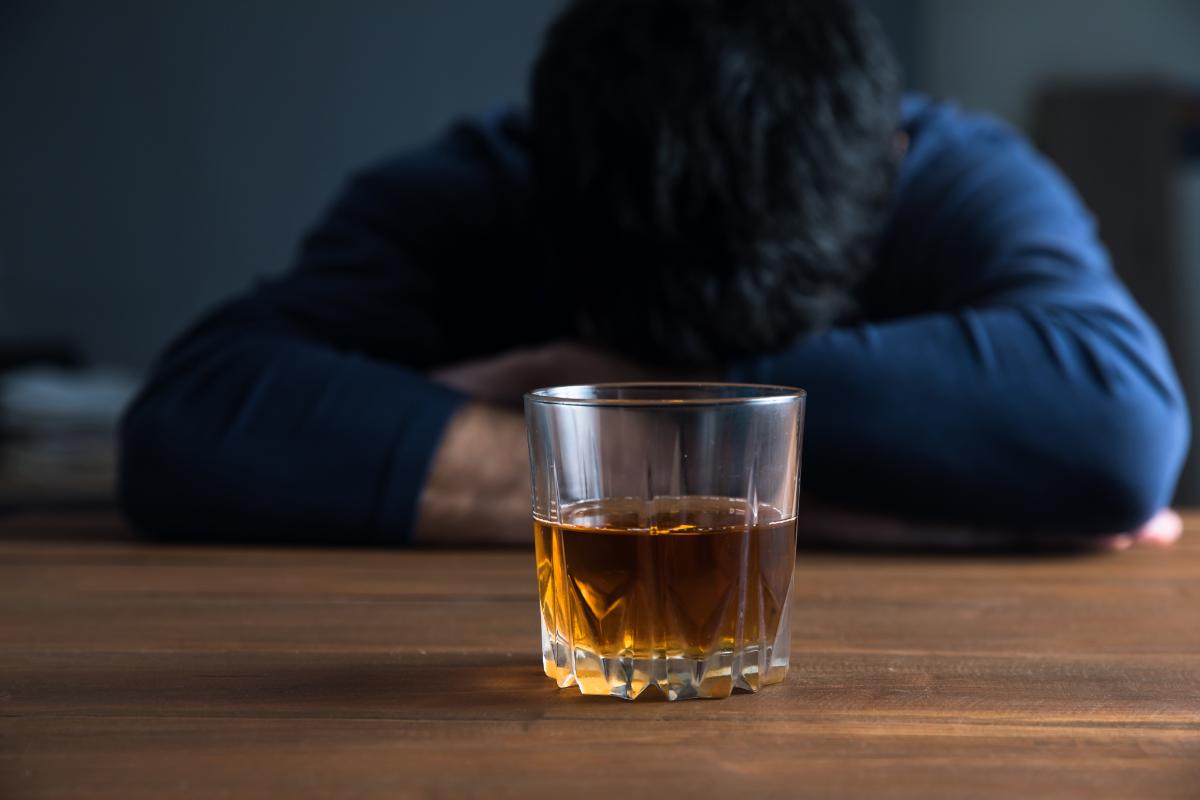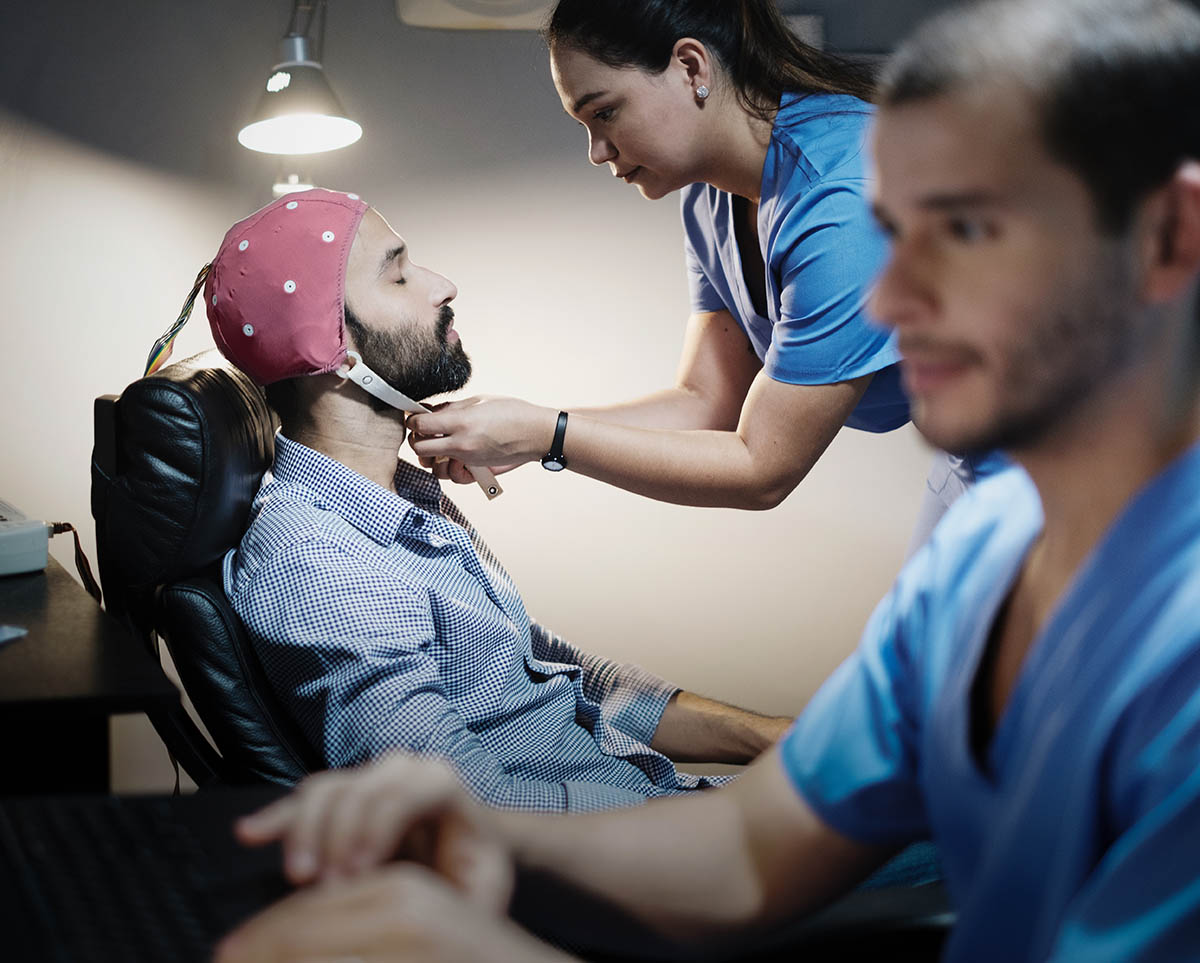National Recovery Month happens every September to help raise awareness of mental health and substance use disorders that millions of people face every year. The stigma of mental health and addiction has led many people to hide their disorder and needlessly suffer through it alone. At Colorado Medication Assisted Recovery, we proudly celebrate National Recovery Month to help raise awareness about mental health and substance use disorders in Colorado.
If you would like to learn more about National Recovery Month and how you can help spread awareness to those around you, or if a friend of yours is struggling with addiction or depression, call 833.448.0127 today to learn more about our addiction recovery programs and how they are changing lives.
Observing National Recovery Month Every Year
In 1989, the Substance Abuse and Mental Health Services Administration (SAMHSA) created the National Recovery Month to increase awareness and understanding of mental health issues and substance use disorders and celebrate those who recover.
Awareness is just as important as celebrating our residents’ successes to reinforce the positive actions that behavioral therapy and medication-assisted treatment (MAT) can create. It helps to show that prevention works, treatment is effective, and people can recover when they put in the effort to work on their recovery.
Every September, prevention and treatment centers from all over the country proudly celebrate National Recovery Month to shine the light on how vital treatment and recovery centers are in helping the millions of people struggling with mental health and substance abuse disorders every day.
Through our recovery programs at Colorado Medication Assisted Recovery, we help anyone ready to get back control of their life. Our support and medical staff will work with each patient and find the right programs and services that will help them in their recovery, including:
- Individual and group therapy
- Medication-assisted treatment
- Behavioral and mental health services
- Recovery support services
- Family and patient education services
Patients will receive a full psychiatric assessment when they start their recovery program. Their progress will be closely monitored and updated as needed to ensure they receive the best recovery treatment for their substance use or mental health disorder.
A Spotlight on Addiction Recovery
This year, the National Recovery Month theme is “Recovery is for everyone: Every person, every family, every community.”
The goal is to show that substance abuse and mental health disorders are a national health crisis affecting everyone regardless of age, sex, or skin color. Programs such as cognitive-behavioral therapy, relapse prevention, contingency management, and motivational interviewing are all very effective in addiction recovery by changing thought processes and developing positive coping skills to help stop cravings and self-destructive behaviors.
National Addiction Professionals Day
On September 20, as part of National Recovery Month, this day recognizes and celebrates the hard-working addiction professionals that dedicate themselves to your recovery and love it when their patients walk away happy and sober. If you know any addiction professionals, show them your appreciation on this day and every day after for all of their hard work.
Recovery Programs in Colorado with Your Needs in Mind
If you or a loved one is struggling with addiction and is ready to make real changes in their lives, Colorado Medication Assisted Recovery has the right programs and services that can help with substance use and mental health disorders.
Our medication-assisted therapy program can help with all forms of substance abuse, including alcohol, meth, and prescription pain medication. Our MAT program coincides with addiction treatment therapies such as:
- Cognitive-behavioral therapy
- Dialectical behavior therapy
- Individual and group therapy
- Family therapy
- Case management
- Peer support
We also can help with mental health disorders with our trauma-informed care and depression treatment programs.
If you or a loved one is struggling with substance use or mental health disorders, please call 833.448.0127 today to speak with our caring staff about how we can help. And don’t forget to thank them for their dedication during National Recovery Month.




























